The views expressed in our content reflect individual perspectives and do not represent the authoritative views of the Baha'i Faith.
I have a friend from the Taino tribe, the first native North Americans to encounter the Italian explorer and genocidal killer Cristobol Columbo (who we know today as Christopher Columbus). The Taino lived on the islands south of modern-day Florida. When Columbo landed on the island he named Hispaniola (now Haiti and the Dominican Republic) and took it over, his brutal rule directly caused the death of more than three million indigenous people, most of them Taino, in little more than a decade. Columbo and his soldiers massacred the Taino in one-sided wars, raped their women, sold men, women and children into slavery and worked them to death in gold mines dug to enrich the colonists.
Needless to say, my friend does not celebrate Columbus Day.
Columbo mistakenly called those indigenous people indios or Indians, thinking he had reached the East Indies. The word and the identity stuck, even though terms like Native American or First Nations Peoples might seem more accurate today. Despite its origins, many indigenous Americans prefer the word Indian and the phrase Indian Country to describe themselves and their lands.
Of course, Indian Country refers to the checkerboard of reservations across America that its political leaders ceded to the tribes by treaty. The world remembered the term a few weeks ago because, for only the fourth time in U.S. history, a sitting American president visited one of those reservations. President Barack Obama went to the Standing Rock Sioux tribal reservation in Cannon Ball, North Dakota, where he spoke to Indian youth about their hopes and struggles, gave a Flag Day speech that mentioned the long and difficult history between tribal governments and the American government, and generally praised and promoted the efforts underway across all of Indian Country to assist Indian children and youth in their education and development.
President Obama’s historic visit came after Calvin Coolidge and Bill Clinton both went to South Dakota’s Pine Ridge Lakota reservation, in 1927 and 1999 respectively; and Franklin Delano Roosevelt visited the Cherokee Nation in North Carolina in 1936. Needless to say, no American “Great White Father” visited any Indians in the 19th Century, during the period when the country continued its campaign of genocide by disease, starvation, theft and war against the tribes.
“The Great White Father,” that early and initially respectful Indian phrase for the leader of the United States, gradually became a term of derision and disdain for Indians after a long, ugly string of broken treaties, unfulfilled promises and double-dealing. In the aftermath of President Obama’s visit, and taking into consideration his emphasis on Indian children and youth, the term may gain back some of its positive meaning—but of course, in this case, we would need to change it to “The Great Black Father.”
The key word “father” carries some significant meaning. It implies true concern and caring, especially for the young. A loving father displays kindness and protectiveness, and does his best to ensure his children get a good education. In this case, with American Indian children and youth facing extreme poverty, a lack of educational options, few reservation-based jobs and a spate of increasing drug and alcohol abuse among native populations, we need more benevolent, compassionate father (and mother) figures who can assist those children and youth, who have such enormous promise and potential.
The Baha’i teachings agree with that view:
You must attach great importance to the Indians, the original inhabitants of America. . . . Should these Indians be educated and properly guided, there can be no doubt that through the Divine teachings they will become so enlightened that the whole earth will be illumined. – Abdu’l-Baha, Tablets of the Divine Plan, pp. 31-32.
In the early 1900s, when Abdu’l-Baha wrote those words, most American Indians couldn’t vote, go to school or even be counted as citizens of the United States. Since then, Indian Country has made much progress, but we still have a long way to go.
President Obama’s speech gave us a clue about how we might accomplish that goal. First of all, the president quoted the great Sioux Chief Sitting Bull, who said “Let’s put our minds together to see what we can build for our children.” Then President Obama said:
I understand that the Lakota word for “children” — “wakanyeja” — comes from the word “wakan” — “sacred.” That’s what young people are — they’re sacred. They’re sacred to your families and they’re sacred to your tribe, and they’re sacred to this nation.
That forward-looking concept, that adults have a sacred trust invested in all children and in the future, echoes the Great Law of the Iroquois tribe: “In every deliberation, we must consider the impact on the seventh generation.”
The Baha’i teachings uphold and emphasize the sacred, spiritual nature of children, and go even further than that–Abdu’l-Baha said “Those without children should, if possible, make themselves responsible for the education of a child.” – Abdu’l-Baha in London, p. 91.
If you have no children, and you’re in a position to help, several American Indian charities can offer you that sacred opportunity.
You May Also Like
Comments



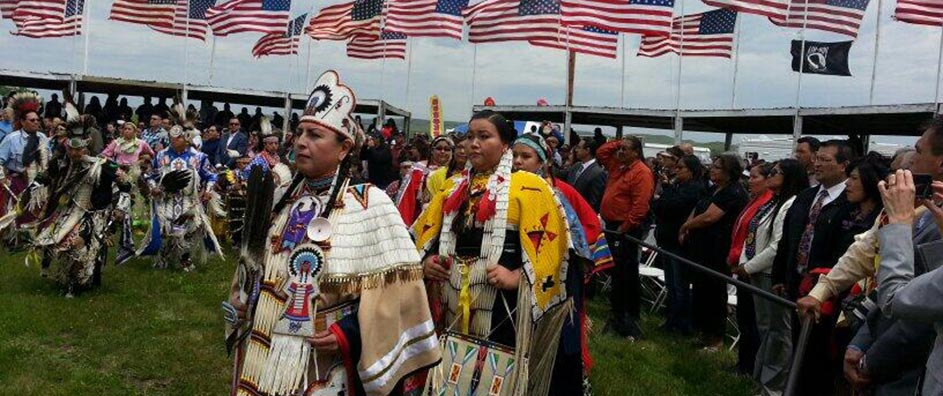
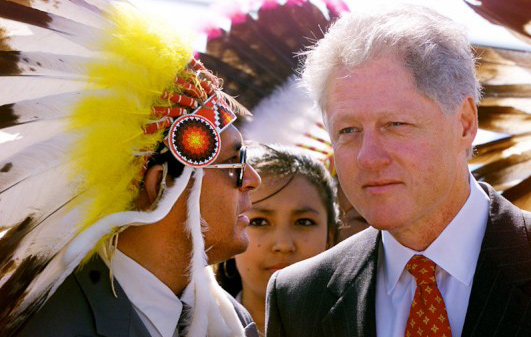

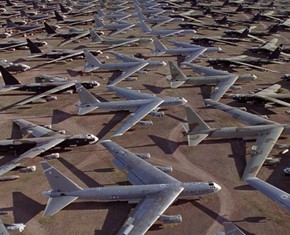

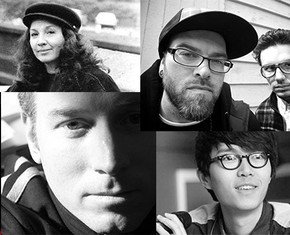







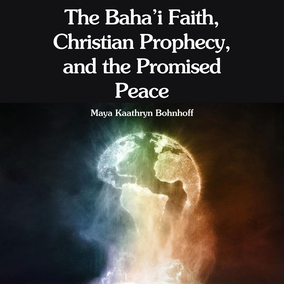

Though I'd like to think that there is a vast gulf between the moral universe of Christopher Columbus and our own, I can't help but think of how recently, relative to the turn of the 16 century, the Indian wars actually ended. It was only about 120 years ago. And they didn't end because of a dramatic change in the moral values of American culture. They ended because there wasn't any land left to conquer. From that time ...on, American foreign policy was directed more at influencing the internal affairs of foreign nations rather appropriating land and expelling the members of neighboring nations. Since then, the USA's experience with Native Americans has no doubt had an influence on the economic development strategies it has recommended governments around the world to follow towards their own peripheral communities. Nowadays, in places throughout Latin America, Africa, Asia, and the Pacific indigenous people are facing many of the same challenged encountered in American history: extreme prejudice, dispossession of land, and suppression of local language, arts and culture. Their contributions to the rich tapestry of human civilization are not appreciated. I'm sure there are local factors influencing that. But I think the American experience is also highly relevant.
And all of this stems from a basic failure to recognize the oneness of humanity. It would be convenient if we could easily turn our faces to the future and forego any mention of past divisions. However, the past is not dead. The past is not even past. And it's useful to recall the historical conditions that have made the oneness of humanity a way of life that remains so far from our grasp. This history is the context in which we must learn universal love and cooperation.